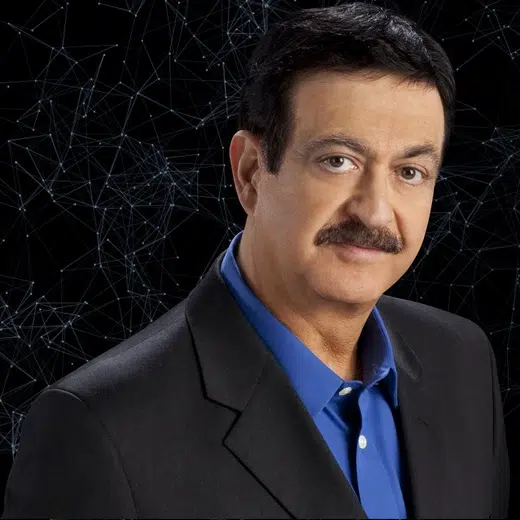(Reuters) – Iran has said it is ready to swap prisoners with the United States as months of indirect talks on reviving a 2015 nuclear deal appear closer to reaching agreement.
Any agreement for prisoner releases alongside a nuclear accord would mirror steps taken when the original 2015 nuclear deal was officially implemented. The accord limited Tehran’s nuclear programme in return for sanctions relief.
Tehran released five Americans in January 2016. In return, the United States agreed to free from jail or drop charges against seven Iranians, almost all charged with or convicted in the United States of violating sanctions on Iran, and to drop charges against 14 Iranians living overseas.
Washington also released $1.7 billion to Iran, linked to a separate dispute over arms sales.
This time the United States has said that Tehran should release four U.S. citizens if the nuclear pact is to be secured.
Iran has publicly ruled out any preconditions but expressed readiness in private meetings to swap prisoners if it obtains tens of billions of dollars of its assets held in foreign banks, frozen by U.S. sanctions on its banking and energy sectors.
Britain has also called on Iran to free two UK detainees. Without explicitly linking the issues, Britain says it is committed to paying hundreds of millions of dollars owed to Tehran for a 1970s arms deal with the then-Shah of Iran.
Following are prisoners in Iran whose release is being sought:
EMAD SHARGHI
In 2017 Sharghi and his wife moved to Iran from the United States. The Iranian-American businessman was first arrested in 2018 when working for “Saravan Holding” tech investment company. He was released on bail after eight months and a Revolutionary court cleared him of spying and security-related charges, but his travel ban remained.
On Nov. 2020 he was summoned by another Revolutionary Court which sentenced him to 10 years in jail for espionage. He was not initially imprisoned but Iranian media reported he was arrested as he tried to flee Iran in Jan. 2021.
SIAMAK AND BAQUER NAMAZI
Siamak Namazi, a businessman in his late 40s with dual U.S.-Iranian citizenship, was detained in 2015 by Revolutionary Guards while visiting his family in Tehran. Months later his ailing father, Baquer, was detained after returning to Iran to visit his jailed son.
Siamak and Baquer Namazi, a former Iranian provincial governor and former UNICEF official who also has dual citizenship, were both sentenced in 2016 to 10 years in prison for spying and cooperating with the U.S. government.
In 2018 authorities released Baquer on medical grounds, but he has remained under house arrest.
MORAD TAHBAZ
An Iranian-American environmentalist, who also holds British citizenship, Tahbaz was arrested in 2018. He was sentenced to 10 years in prison in 2019 for “assembly and collusion against Iran’s national security” and “contacts with U.S. enemy government … for the purpose of spying”.
ANOUSHEH ASHOURI
British-Iranian dual national Anousheh Ashouri was sentenced to 10 years in jail in 2019 for spying for Israel’s Mossad and two years for “acquiring illegitimate wealth”, according to Iran’s judiciary.
NAZANIN ZAGHARI-RATCLIFFE
British-Iranian Nazanin Zaghari-Ratcliffe, a project manager with the Thomson Reuters Foundation, was arrested at a Tehran airport in April 2016 and convicted of plotting to overthrow the clerical establishment.
Last year she was sentenced to a new term in jail on charges of propaganda against Iran’s ruling system. Zaghari-Ratcliffe’s family and the foundation have denied the charges. The foundation is a charity that operates independently of media company Thomson Reuters and its news subsidiary Reuters.
IRANIAN PRISONERS IN THE U.S.
Iran wants the release of over a dozen Iranians in the United States, including seven Iranian-American dual nationals, two Iranians with permanent U.S. residency and four Iranian citizens with no legal status in the United States.
Most of them have been sentenced to jail for “violating U.S. sanctions against Iran”.
(Reporting by Parisa Hafezi; editing by Dominic Evans and William Maclean)




